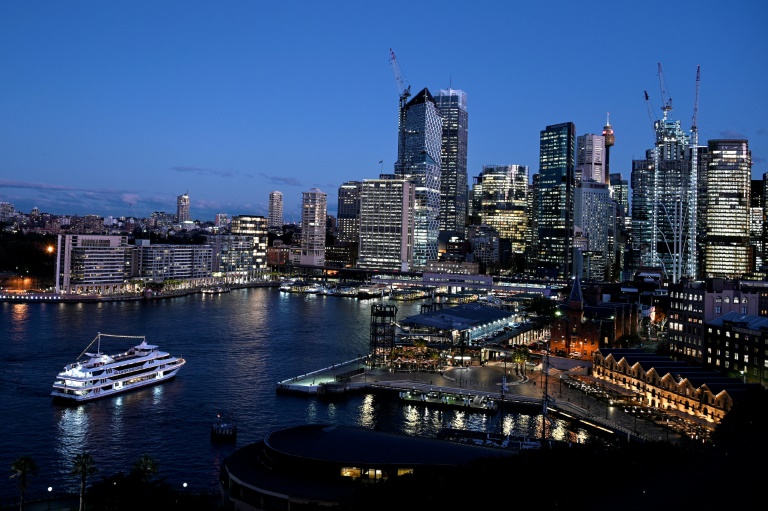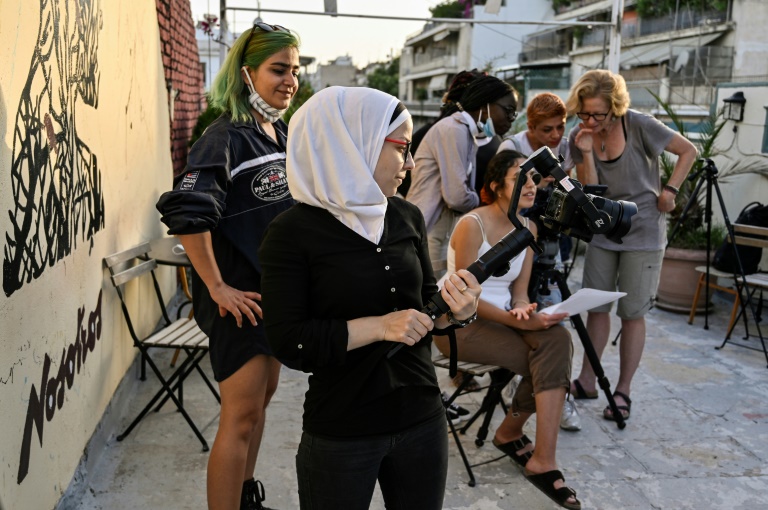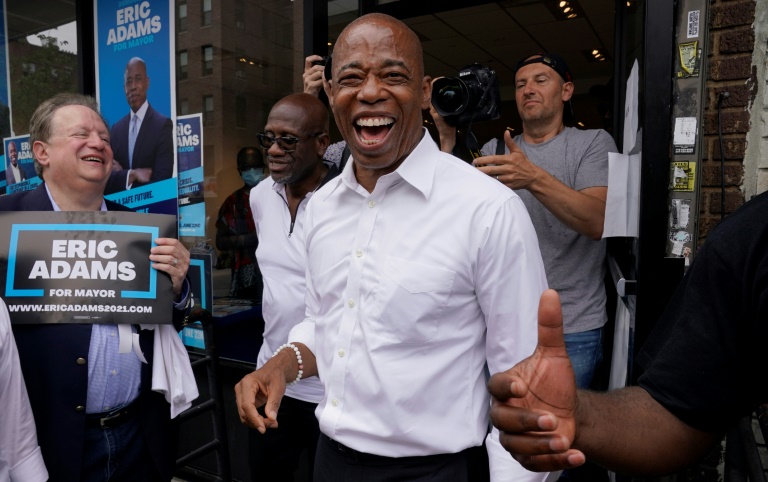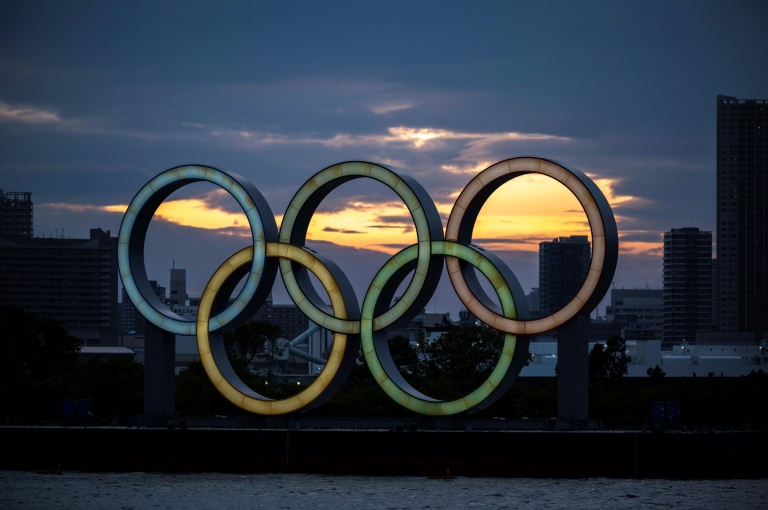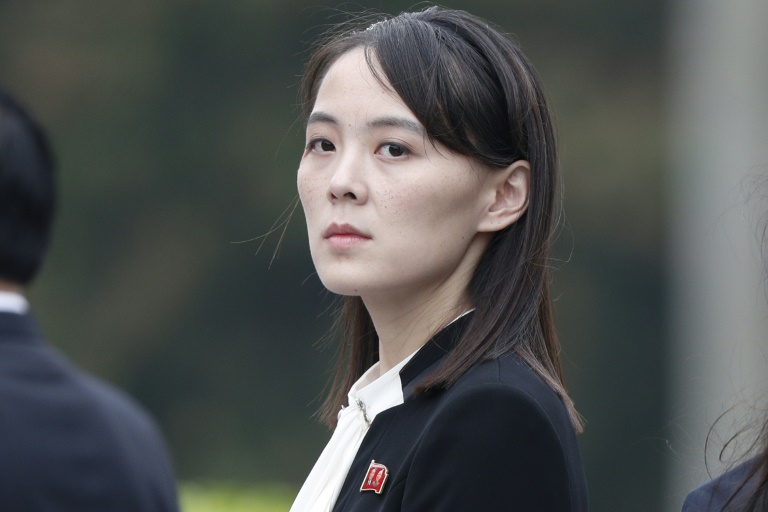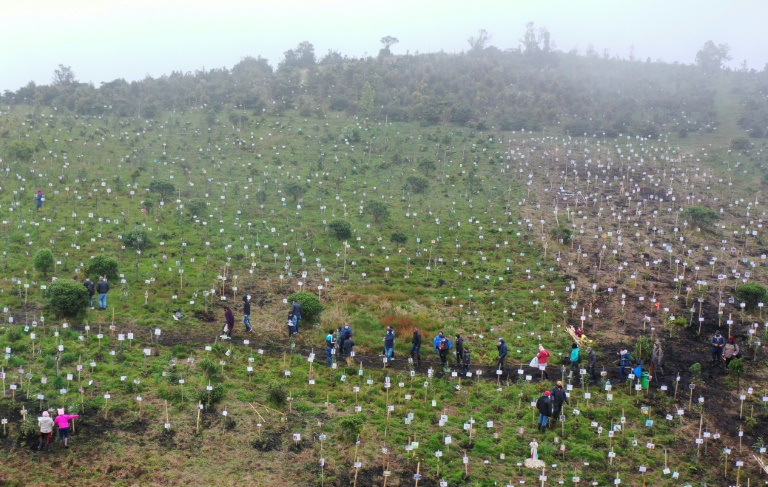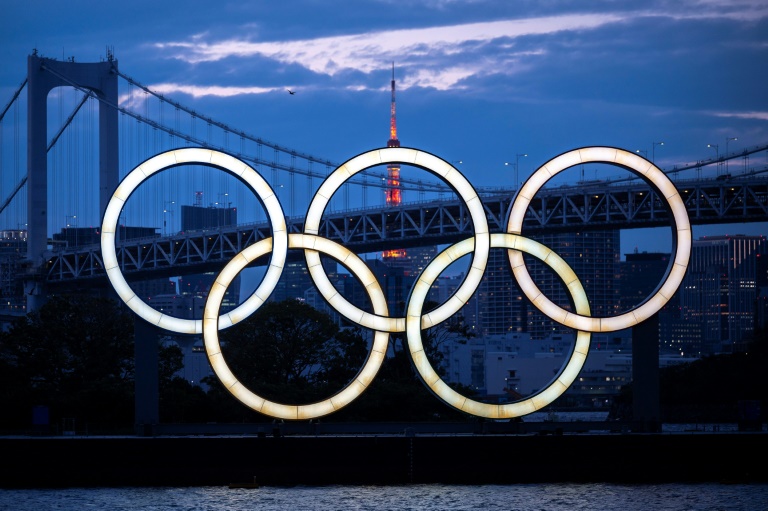In the offices of a small Athens charity offering vocational courses, a group of women are busy editing short films and podcasts under the supervision of an American director.
Refugees from Congo, Syria, Afghanistan and Iran, the women are being trained by GlobalGirl Media, an organisation teaching digital media and journalism skills to young women from under-served communities.
But although some have come to Greece from halfway across the world, they have found that the problems they face are not so different after all.
“I was not aware of the difficulties experienced by Greek women. During the interviews, we discussed at length the need to support each other as women whatever our origins, because we are going through similar experiences”, notes Fatemeh Jafari, a 25-year-old Afghan.
Violence against women and femicide in Greece have gradually seen more exposure in recent years after decades of silence.
Sexual harassment is also more widely reported since January when Greek Olympic sailing champion Sofia Bekatorou accused a federation official of sex abuse, spurring a belated #MeToo awakening in Greece.
“The voices of women are hardly audible in the media, especially those of young refugees,” says GlobalGirl Media’s coordinator in Greece, American director Amie Williams.
“The idea is to allow them to train in journalism professions, to be heard but also to rebuild themselves by filming their stories or those of other women who are committed to gender equality,” she said.
On June 30, the United Nations will host a forum on gender equality in Paris, where activists will seek to influence states to advance gender equality.
For the occasion, Williams says the young refugees received training and money to make short films by interviewing organisations and feminist icons in Greece.
Sude Fazlolah, a 38-year-old Iranian, said she “learned a lot” after she and her sister Elie interviewed Bekatorou.
– ‘Speak up’ –
“You shouldn’t be afraid to speak up or be ashamed to denounce a man’s inappropriate behaviour,” Sude said.
The two sisters had previously lived in the notorious Moria camp on the island of Lesbos.
After it burned down in September, they wandered the streets of Athens and Thessaloniki for days before going to the Elaionas camp in the capital.
“As women, dangers are everywhere, in the camps this feeling is even more present. You are afraid to go to the toilet, to walk alone at night,” says Elie.
One of the short films deals with a space on Lesbos set aside for women for showering and relaxation. Another asks female interviewees to identify what constitutes feminism.
– ‘I was lucky to find a good man’ –
At 14, Ataa Brimo was married off by her parents to a man nine years her senior, and had her first child a year later.
Now 30, stranded in Greece and separated from her family in Germany for the past two years, this Syrian refugee has made a short film on underage marriages that resonates with thousands of women with similar experiences — and many more with even worse tales to tell.
Titled “Little Mother”, Brimo’s film has been selected for the Thessaloniki Documentary Festival that opens Thursday.
“I was lucky to come across a good man. But clearly I was not prepared to become a mother so young, I did not understand what happened to me,” she told AFP.
According to Greek police, the number of domestic violence incidents quadrupled in Greece between 2010 and 2018, from 1,148 to 4,254.
But many cases still go unreported.
Last week, a 32-year-old Greek confessed to killing his 20-year-old British wife as she slept next to their baby daughter, and tried to disguise the crime as a deadly burglary.
– ‘Together we feel stronger’ –
“These young women did not necessarily know until now what gender equality was,” said Williams.
“But even without knowing it, they are very strong and feminists… they have left their families, patriarchal societies, travelled, faced many hardships alone.”
“They are fighting to rebuild their lives as they wish,” she adds.
Project supervisor Adriana Theochari says speaking to refugees has helped Greek women address their fears and challenges, too.
“Among themselves, without the presence of men, they feel safe, they can express themselves without restraint, cry without shame,” Theochari said.
“The fact that Greek women like myself also participate in sessions facilitates the integration of refugees, and leads to more understanding between us.”
“After all, we are all women, regardless of our background and our origins, and we often understand each other without speaking the same language,” she stresses.
“Together, we feel stronger, more equipped to face the inequalities and discrimination that exist in all societies”.

